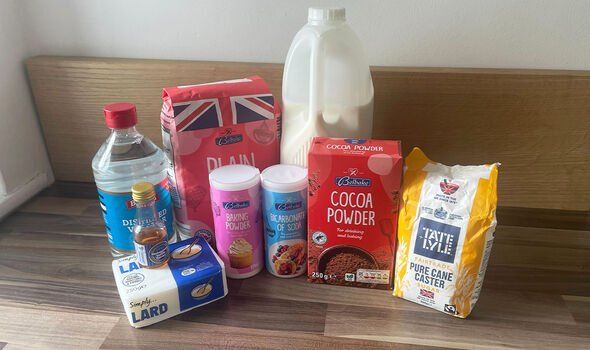
When I dug through the BBC's wartime archives to mark , I found an unlikely treasure: a BBC "Hands on History" recipe titled "Chocolate Cake (without eggs)". Armed with ration-style ingredients, I decided to bake it myself. The recipe called for simple pantry staples and cunning substitutes (fat instead of butter, instead of eggs), a reminder that wartime cooks had to be endlessly inventive.
Eggs, in particular, were a precious commodity. By 1942, Britain was importing a quarter of its eggs, often spoiled en route, and strict coupons limited adults to one fresh egg per week. Since every egg saved was one more for the war effort, postwar cookbooks instructed cooks on how to bake without them. For example, The Victory Cookbook advised that "in butter cake recipes, the number [of eggs] can be reduced to 2½ teaspoons baking powder for each egg omitted." Expecting a dense cake when making the BBC's ration recipe, I was surprised to find that the sponge cake was quite tasty and .
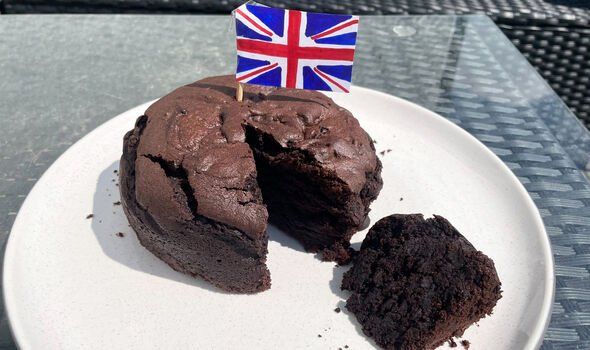
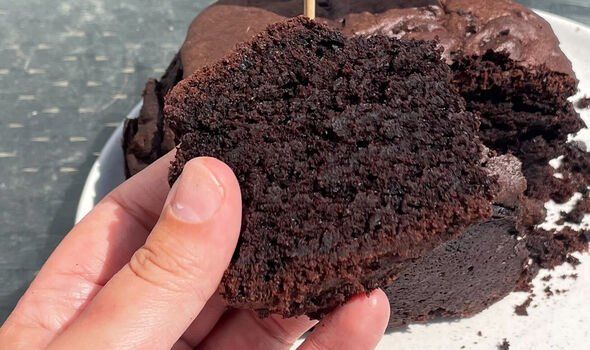
Likewise, many wartime cake recipes use bicarbonate of soda (baking soda) mixed with an acid, typically vinegar or lemon juice, to provide the rise that eggs usually give.
The BBC's own WW2 recipe leaflets show a chocolate cake using margarine, flour, cocoa, and sugar, with one teaspoon of soda dissolved in a tablespoon of vinegar thrown in at the end.
Some cooks even used water or milk substitutes and extra fat to round out the mix.
WW2 chocolate cake recipeIngredients
- 100g margarine or fat
- 200g plain flour
- 50g cocoa
- 100g sugar
- ¼ pint of warm milk mixed with water
- One tsp baking powder
- Half tsp salt
- One tsp bicarbonate of soda
- One tbsp vinegar
- Half tsp vanilla essence
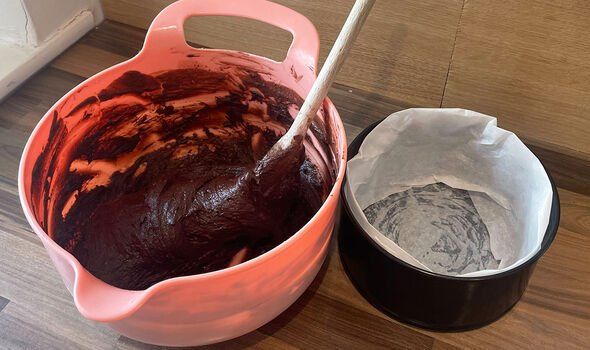 Method
Method
I set to work, rubbing 100g fat (margarine or lard) into 200g plain flour with a teaspoon of baking powder and a pinch of salt.
During WW2, even butter and lard were rationed - often 2oz per person per week - so using any fat was a treat. I added 50g of cocoa and 100g of sugar and mixed them with one quarter of warm milk and water. That vague liquid measure had me guessing.
After seeing how dry the mixture was, I decided to add the unknown quantity of water, which amounted to around four tablespoons.
Once the batter was wet, I dissolved one teaspoon of bicarbonate of soda into one tablespoon of vinegar with a splash of vanilla essence and stirred it in.
The mixture instantly bubbled like old-fashioned soda bread dough-the wartime leavening trick that replaced beaten eggs. It was then put into a greased sixinch tin and baked at 180C (160C fan) for about 40 minutes.
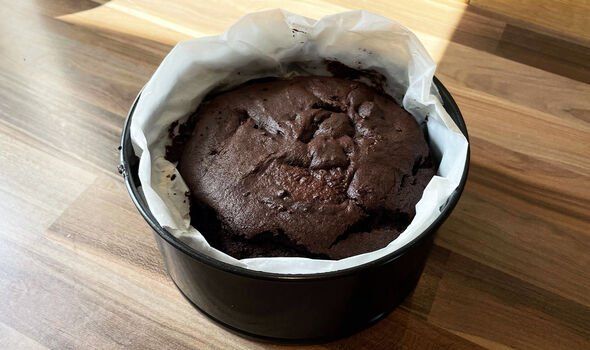
When I finally cut a slice, it tasted surprisingly rich for a cake that used only 50g of cocoa. It was more moist than expected and almost doughy, with a light, crumbly top that puffed up like a soufflé. Dense and brownie-like, it reminded me of the cheap chocolate sponge from my childhood school canteen- strangely familiar in its simplicity.
I wondered whether icing would help (perhaps in red, white and blue for VE Day effect), but wartime cakes rarely had icing. The Ministry of Food guides prohibited icing as wasteful, so our cake remained undecorated, just a dusting of sugar if anything, as must have been done in 1945.
Plain wartime cakes have been etched into British culture; they may not have been fluffy or lavish, but a slice of cake, however humble, symbolised home and hope.
Many Britons recalled that a weekly cake (even one made from dried fruits, grated carrots or rationed sugar) offered a morale boost.
On VE Day, the hardy chocolate sponge made without an egg or teaspoon of butter reminds us of how inventive cooks were and how even a simple cake became a small victory of normalcy amid the austerity.









